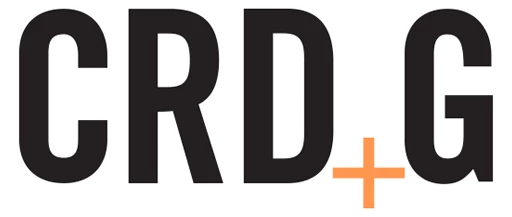The other day, the topic of discussion in our office was how things have changed when it comes to landing a job as a Landscape Architect. Many factors play into these changes; be it the economy, technology, or just the overall culture within most offices. Whether you graduated in 1985, 2005, or 2015, landing that first Landscape Design job out of college can be a thrilling yet exhausting endeavor. Today, we figured it would be helpful to give our side of things to help you make sure you are best positioned to land your dream Landscape Architecture job.
Get The Degree
Most any office worth their salt will require you to have a degree in Landscape Architecture at an Accredited University to even be considered for a design position. Good grades certainly don’t hurt, but most importantly, you shouldn’t bother applying if you got your degree in an entirely different field.
Eye-Catching Portfolio
Put together a portfolio that lets your work speak for itself. Most often, Landscape Design studios will receive hundreds of portfolios per year. Yours should speak to your skill set and exemplify your strengths quickly. If you are great with renderings, show them big and bold and let them stand alone with minimal text. If you are great with runoff calculations, be sure to show examples! In the end though, it should be eye-catching and visually appealing so keep visual distractions to a minimum. Assume that your potential employer is not going to spend more than 5 minutes flipping through your portfolio. What do you want them to be able to gather about you in those 5 minutes?
Understand The Office
There is a big difference between what a Boutique Design-Build organization is looking for in it’s Landscape Architects opposed to what a large Architectural/Engineering Firm wants to see out of its potential employees. It is important to understand the type of office to which you are applying. Based on which type of office you are applying to, that might dictate your interview attire, what questions you ask, or even how you structure your resumé before firing it off.
Follow up
It is said that the sale comes from the Follow Up. And the same goes for landing a great job. After all, you are technically selling yourself. It is important to touch base with everyone that you interview with, thank them for their time, and remind them why you would be a great addition to their team. Emails are great, but these days a hand written letter, or a phone call can be much more personal and go a long way.

